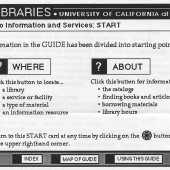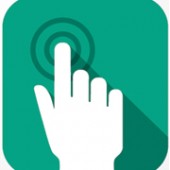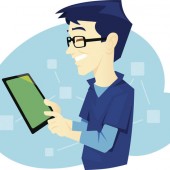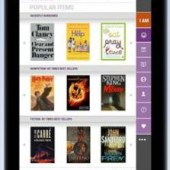
Over 30 years ago I led a team at the UC Berkeley Libraries to use HyperCard to create a library orientation guide. This project, which we did not know at the time, formed the foundation of our web design work to follow in the early 1990s. What saddens me is that 30 years on I don’t […]




